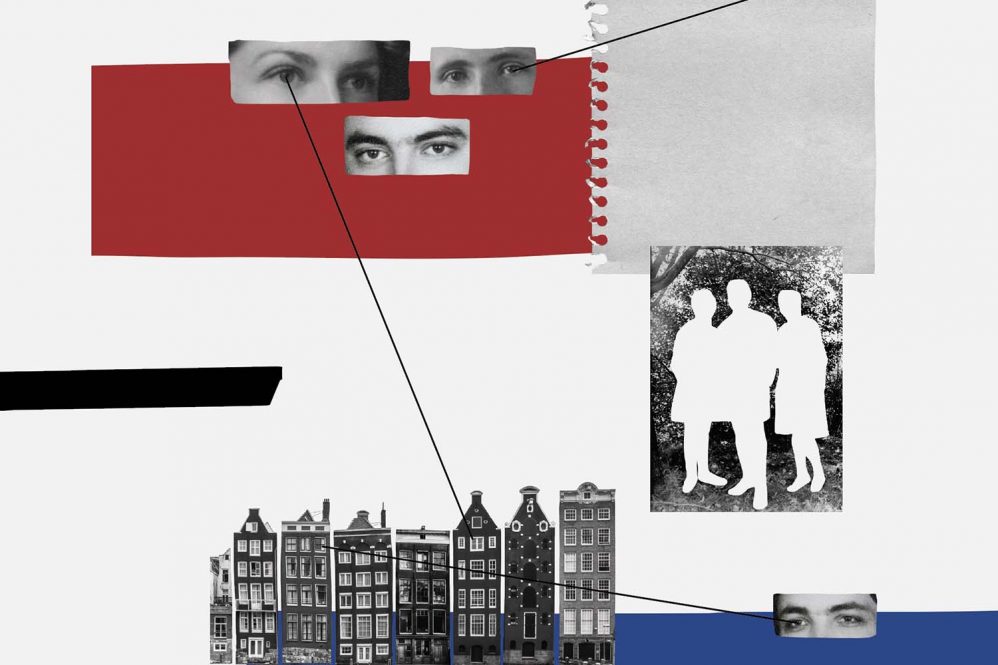Rosemary Sullivan ’69 MA was a 12-year-old schoolgirl in Quebec, Canada, when she first read “The Diary of Anne Frank.”
“It seemed just otherworldly that somebody would be trapped in a house for two years without being able to look out the window or make any noise,” she recalls. Rereading the diary as an adult, familiar with the wartime context, “changed my relationship with Anne Frank,” she says. “I was deeply impressed by the intelligence and candor and the moments of satire. It was an astonishing performance for a child from the age of 13 to 15.”
Her re-encounter was a prerequisite to a project that has captured headlines — and stimulated controversy — around the world this year. “The Betrayal of Anne Frank” (HarperCollins) is Sullivan’s meticulous account of a 5-year-long cold case investigation into a longstanding mystery: how Anne Frank, her family, and four other Jews hiding in Nazi-occupied Amsterdam came to be arrested and deported. (Of the eight, only Anne’s father, Otto Frank, would survive the war.)
The investigation, featured on CBS’s “60 Minutes,” identified a surprising culprit: Arnold van den Bergh, a prominent Jewish notary desperate to save his own family. New York Times reviewer Alexandra Jacobs found the argument for his culpability “convincing, if not conclusive.” The reaction abroad — at least from those countries with the greatest stake in the story — was less favorable. In response to a critical report by five Dutch historians, the Dutch publisher, Ambo Anthos, announced in March that it would cease publication and remove the title from bookstores. HarperCollins Germany delayed the book but plans to publish a revised version later this year.
“I never doubted, and I still don’t doubt, the integrity of the investigation,” Sullivan says, noting that her larger goal was to describe the context of the tragedy. While tracing the investigation’s labyrinthine twists, she paints a portrait of World War II Amsterdam as a site of scarcity, peril, and shifting political allegiances. Death shadowed the entire Dutch civilian population, but especially the country’s Jews, most of whom died in Nazi concentration camps. “It should be possible to understand that van den Bergh was as much a victim as anybody else,” Sullivan says.



